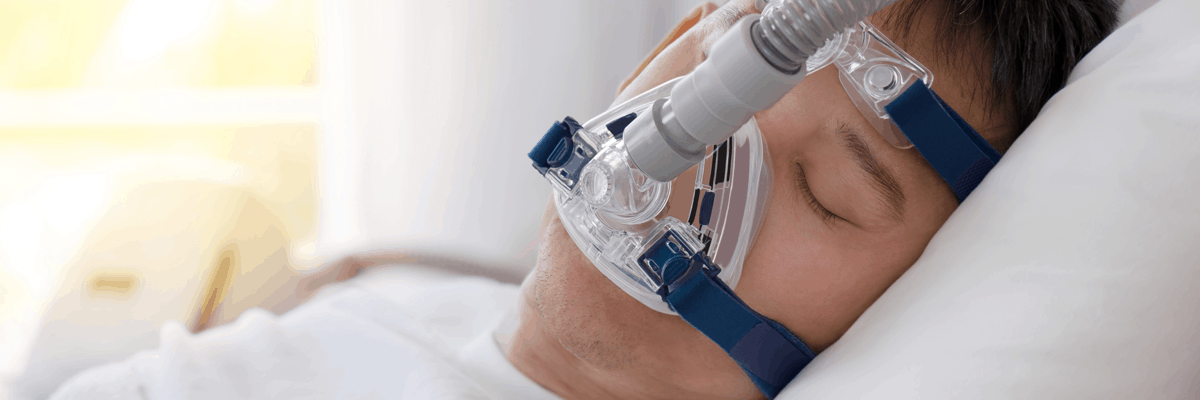Snoring can affect anyone at any time in their lives. But it’s not just an annoying habit. It can be damaging to your health – and a sign of a serious sleep condition called obstructive sleep apnoea (OSA).
What’s OSA?
Snoring is caused by tissue vibration when our airways become narrower. But in some cases, the airway becomes so narrow that the walls of the airway stick together and close up. This usually happens for around 10-30 seconds at a time and can happen many times in a night. When the airway finally opens up again, a person will emit a loud, violent snore. This event is known as an apnoea and the condition is called obstructive sleep apnoea or OSA.
Throughout the night, the sufferer’s body will constantly wake itself up in order to breathe. Though they might not remember it, this is what causes them to feel sleepy the next day.
What are the symptoms of OSA?
Aside from feeling fatigued, other symptoms of OSA include:
•Dry mouth
•Gasping/choking
•Loud snoring
•Frequent awakening
•Breath-holding
•Weight gain
•Headaches
•Poor concentration
•Low mood.
How can I treat OSA?
If you suspect you have sleep apnoea, you should visit your doctor as soon as possible. They will be able to recommend the treatment that’s right for you.
Often, a doctor will advise using a CPAP machine or an oral device to reduce the symptoms of sleep apnoea. A CPAP machine uses air pressure to force air through the breathing obstruction. This is done by wearing a mask over your face while you sleep. Many doctors recommend this treatment for people with severe sleep apnoea.
For those with mild-to-moderate sleep apnoea, another option is to use an oral device.
What is an oral device?
An oral device is similar to a mouth guard you might wear during sports. The Snoreeze device is a boil and bite mouthpiece that you can mould to fit around your teeth. Oral devices treat OSA and snoring by gently holding your jaw in the right position while you sleep. This opens your airway and helps you breathe.
What are the advantages of wearing an oral device?
1) It’s a non-surgical solution. Using an oral device involves no invasive procedure or difficult surgery in order for you to get a better night’s sleep.
2) It can be a good alternative to CPAP. CPAP users often complain of trouble falling asleep, leaky masks and dry noses. If suitable, an oral appliance lets you break free from sleeping in a mask – and you don’t have to worry about any noise. (If you do suffer from OSA, always make sure you consult your doctor first before using an oral device.)
3) It’s portable and easy to wear. The device is small and simply fits inside your mouth. It’s also easy to travel with, and you won’t have to carry around any bulky equipment.
4) It’s comfortable and easy to care for. Most people get used to wearing the mouthpiece within a couple of nights. Daily cleaning with a soft brush is all you need to do to look after it.
Who can wear an oral device?
Anyone who snores on a regular basis can try it. People with mild-to-moderate sleep apnoea are also good candidates to wear an oral device. It’s usually most effective for people whose snoring is caused by a narrow airway or a tongue obstruction.
How will my life change?
Treating your snoring or OSA can help you feel like a new person. You’ll have more energy, sleep better, and you’ll feel more alert during the day.
April 23rd – 29th marks National Stop Snoring Week. To celebrate, we’re offering a 10% discount on the Snoreeze Oral Device.

